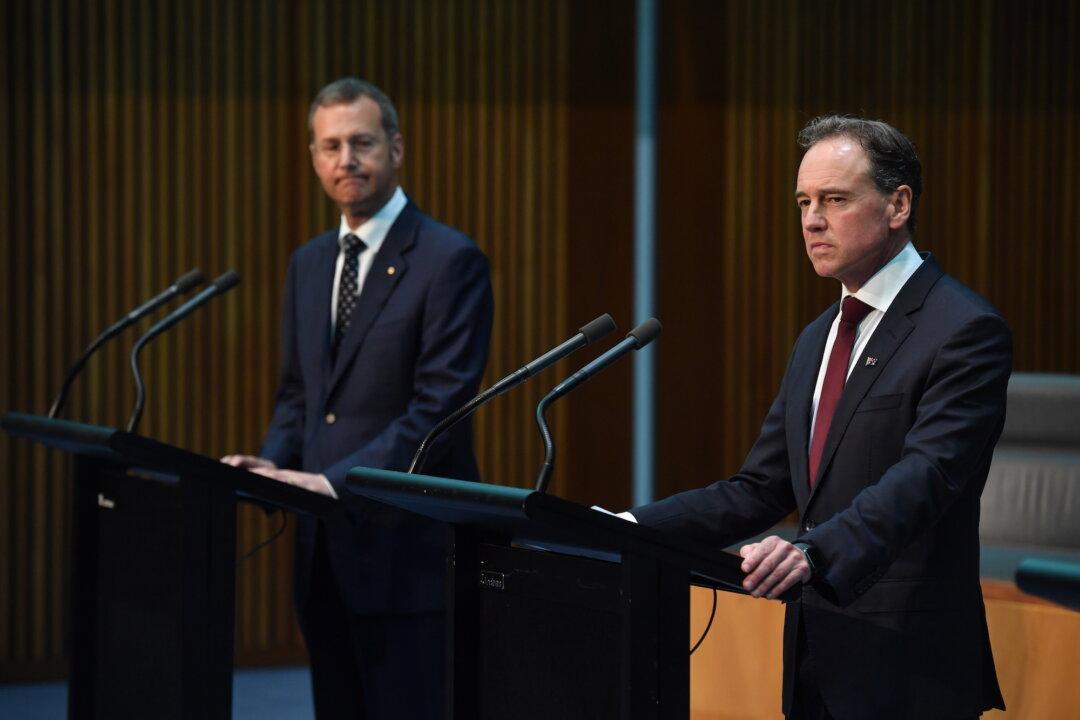Australia is on track to receive COVID-19 vaccine supplies in order to begin immunisation in late February despite the European Union (EU) threatening to block shipments to some countries.
The EU has made new export restrictions on vaccinations produced by pharmaceutical companies Pfizer and AstraZeneca to a list of countries including Australia after supply shortages were reported.





